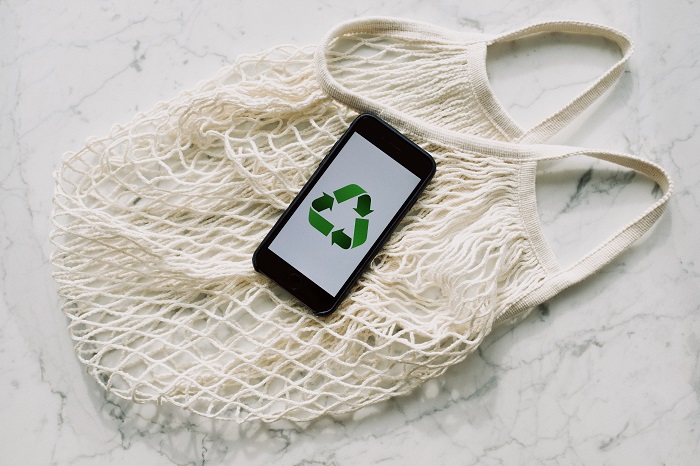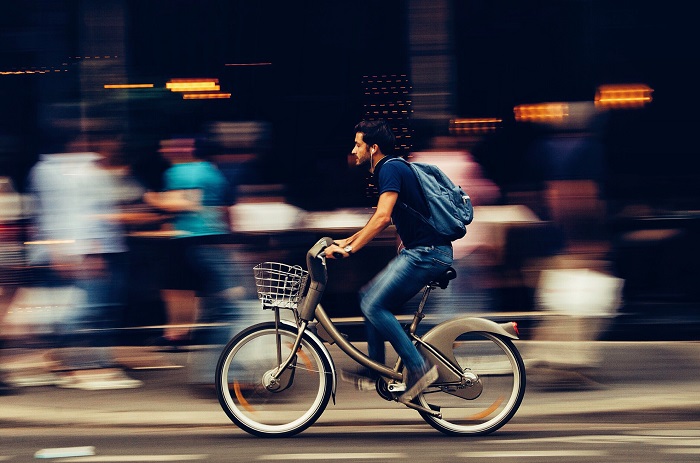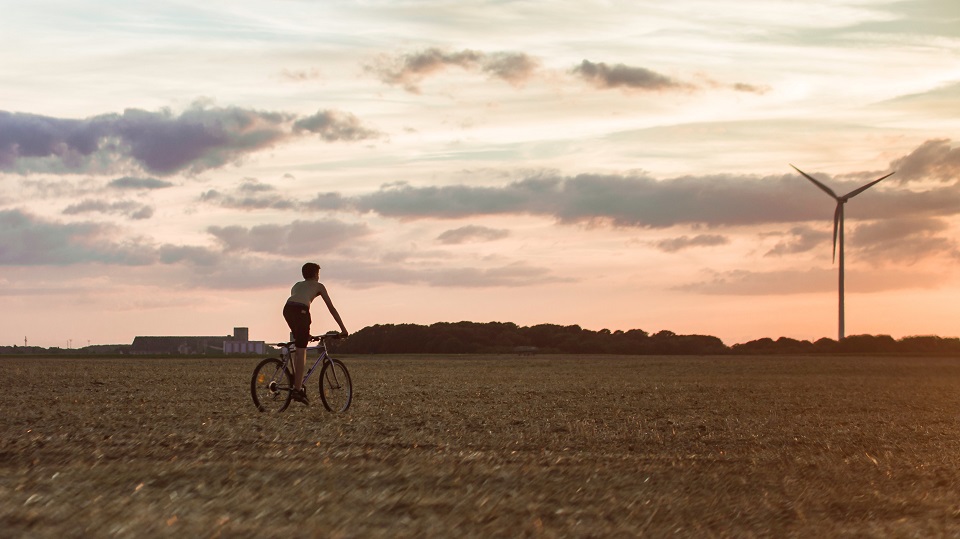Many millennials allege that they believe living a sustainable lifestyle is important. They are now allured towards buying products from brands that are sustainable and ethical. Brands these days are shifting towards using organic fabrics, reduce waste from production, use ecofriendly packaging and feature recycled materials. However many are still not willing to pay some extra bucks for sustainable items. They perhaps are skeptical as to how well these products are worth the buy. But those who are very well familiar with the term sustainability tend to buy environmental items more often as sustainable products inflict economic, environmental, and social benefits.
Adopting a sustainable lifestyle means using products that can be reused after their disposal with minimal or no processing further required, using renewable resources. Sustainability practice is not only limited to being green. It doesn’t just highlight environmental issues but also critical social issues, which extend to human rights abuses, growing inequality, marginalisation, discrimination, etc. It has become a global challenge that is reflected in every decision taken by developed or developing countries.
We have been depending on earth’s natural resources since birth, but we have never reflected to realise that there are limits to those resources. The earth and economic growth are interdependent, and our desire for materialism and western lifestyle has escalated sustainable consumption.

Is economic growth not compatible with environmental stability?
Economic growth means a boost in employability, profitable businesses, good quality of life, increased expenditure on education and healthcare, global communication, etc. To grow as an individual and as a nation, the economy feeds on natural resources and produces harmful emissions which affect both environmental and social wellbeing.
People constantly exchange their lifestyles with the better ones. But the real issue is whether we can grow our economy and sustain the planet at the same time. Should we abandon our needs and requirements?

We should not forget that we can and we must accomplish both economic growth and sustainability hand in hand. For that, we should become more realistic and we must align our actions with future generation needs. We should create products that don’t rely on non-renewable resources or a technology that eliminates harmful automobile emissions. Such products would certainly be profitable for the economy as well as sustain our world. Change your consumption patterns which will help in reducing environmental damage. Riding a bike, sharing a ride, practising minimalism, ditching the plastic, carrying reusable shopping bags are all means of a sustainable lifestyle. The ultimate goal is to create a balance between economic growth and sustainability.
Initiate by reaching the people who have already adopted environmentally friendly practices and engage in sustainable living.
It’s time to wake up and decide what sustainability means to you and your future.




